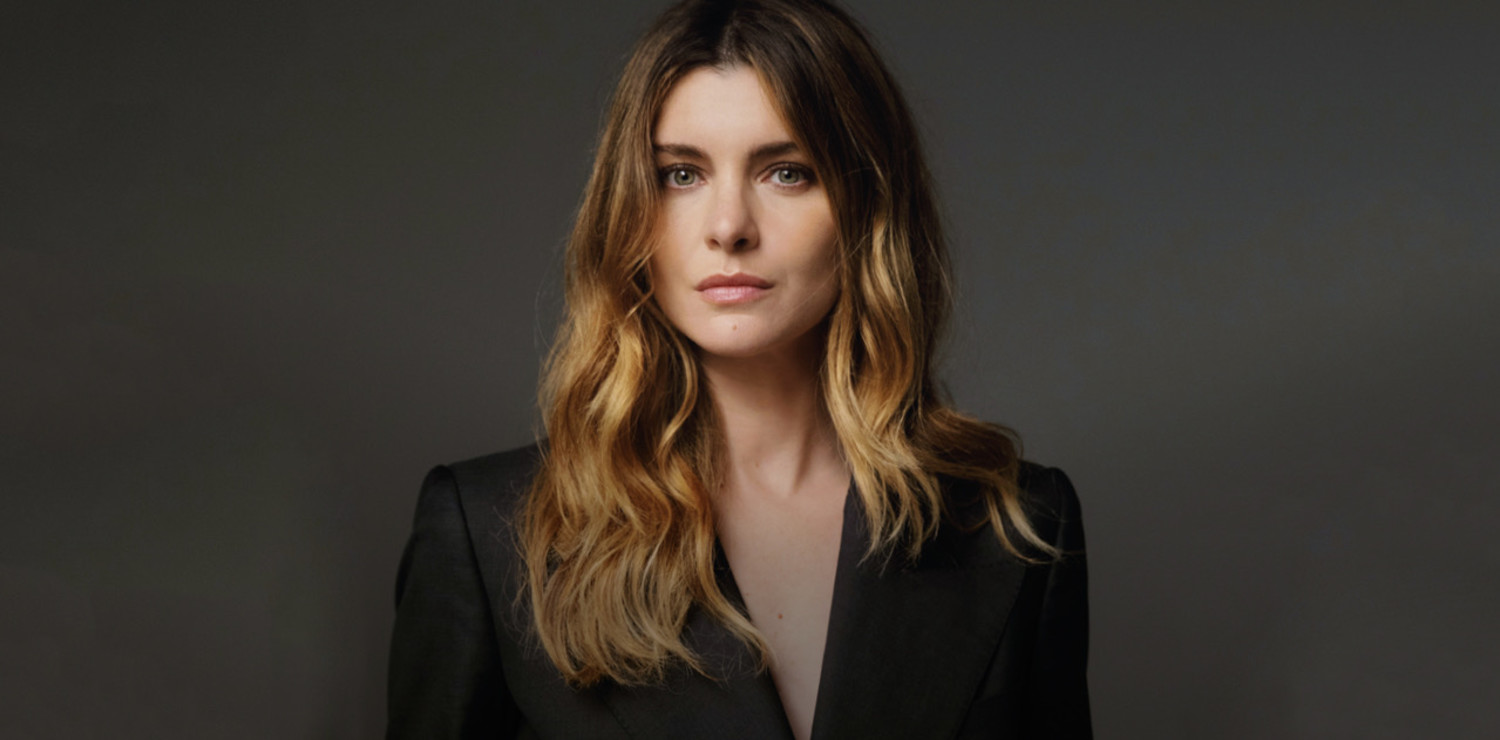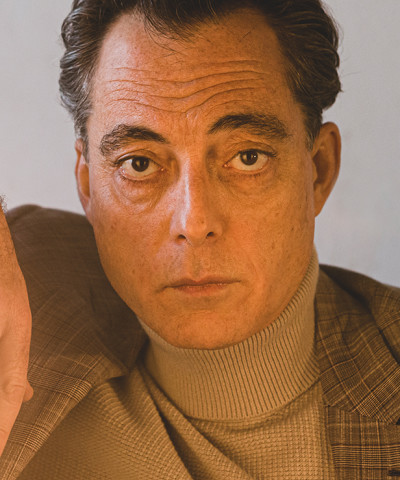Our interview with Vittoria Puccini
The Florentine actress talks about her career and guides us through her Florence
On the cover of the latest issue of Firenze made in Tuscany, which came out on the occasion of Pitti Uomo 103 and which you can browse HERE, Florentine actress Vittoria Puccini. You can read the interview below!
She is one of the most beautiful and brilliant Italian actresses. She has never had the diva ways, but her slight figure and pale complexion hide a soul of steel. Vittoria Puccini, starring in two films released in 2022 - Quasi orfano by Umberto Carteni and Vicini di casa by Paolo Costella, an immediate box office-hit, and in a miniseries for RaiUno channel Non mi lasciare by Ciro Visco - is returning to the big screen again in 2023 with two new movies: one shot between June and July in Norway by Michela Andreozzi with Fabio Volo and inspired by his latest novel Una gran voglia di vivere, and the new film by Daniele Lucchetti, based on Domenico Starnone’s novel Confidenza.
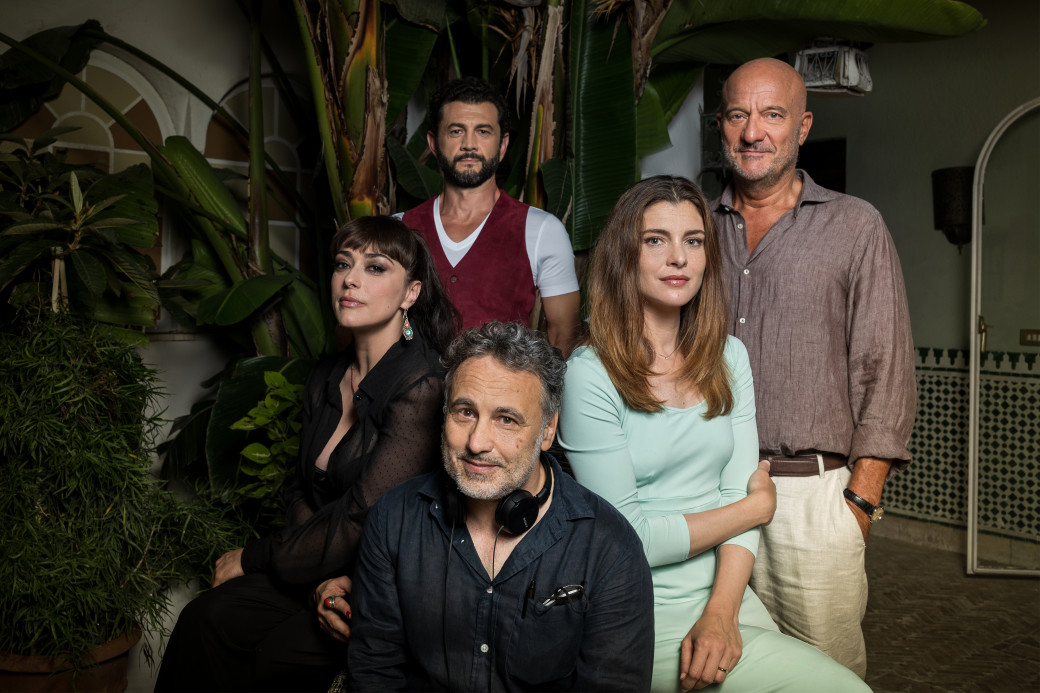 VICINI DI CASA ©Stefano Schirato
VICINI DI CASA ©Stefano SchiratoA born-and-bred Florentine - her grandfather Guido Morozzi was a great architect and one of the founding fathers of the city’s cultural history in the postwar period - she began her filmmaking career over twenty years ago, when she was barely nineteen.
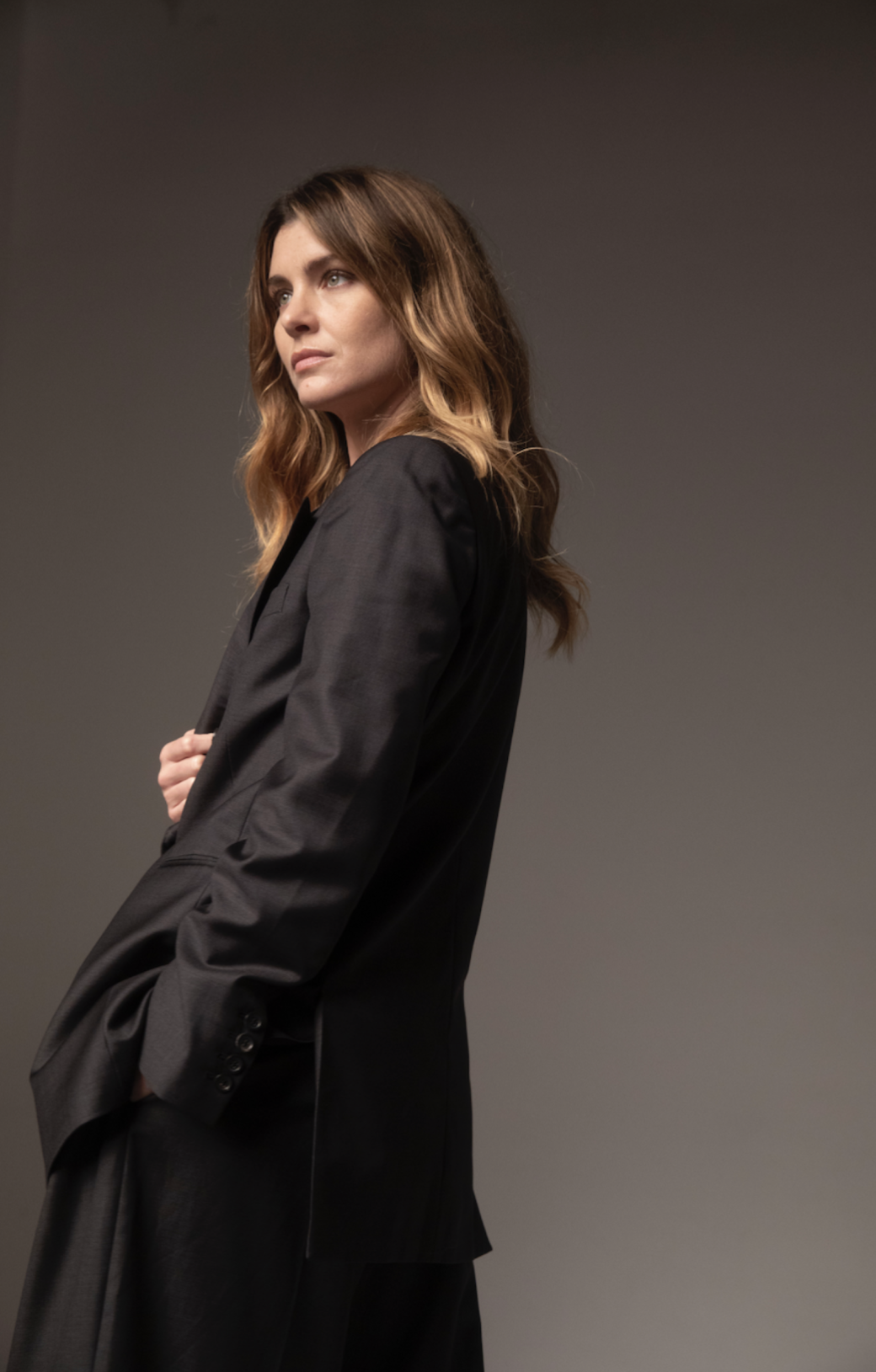 Vittoria Puccini
Vittoria Puccini
Looking back, what has been the greatest challenge in your career so far?
This job involves playing different roles which, very often, do not reflect who you really are at all; but actually the less the role fits you, the more fun it is playing it, because you need to draw on your own experiences to build something that is completely different from you.
The most significant thing that you learned about yourself by working as an actress?
I realized that I am not the static person I believed I was, but rather a softer, more fluid and open- to-compromise person, always on the go and prone to change. A side of me that I really like.
Is there a film director with whom you felt the most at ease?
Feeling at ease with a film director doesn’t necessarily mean working well together; on the contrary, good things often come out of working with someone you detest and pushes you beyond your limits.
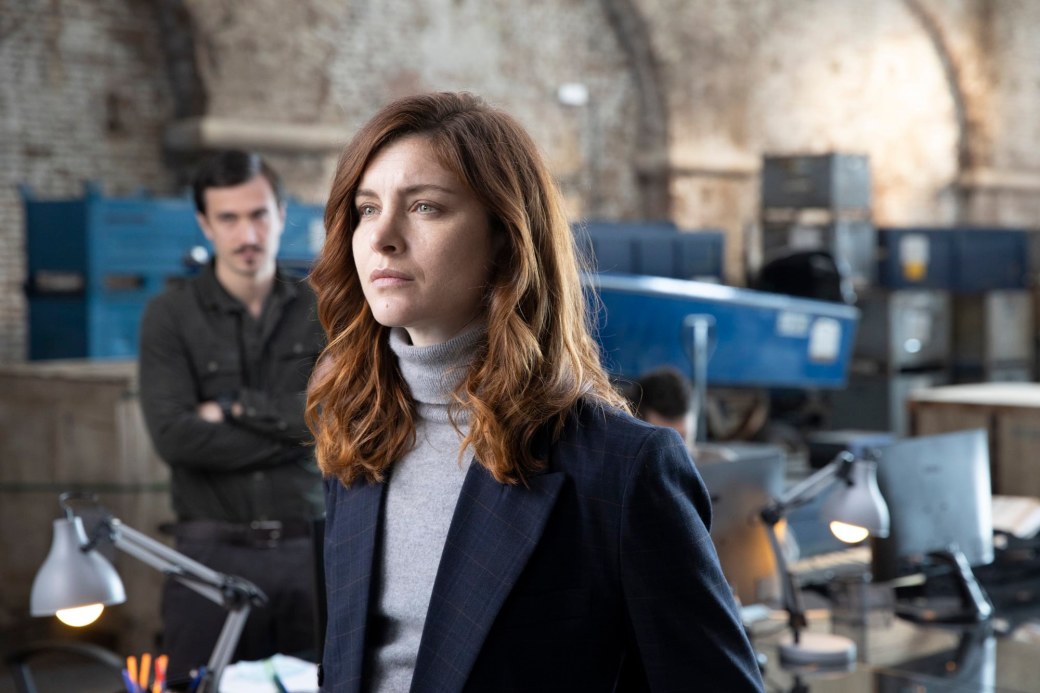 Non mi lasciare by Ciro Visco
Non mi lasciare by Ciro ViscoWhat qualities do you share with the great women of the past whom you played, from Oriana Fallaci to Anna Karenina?
The courage and determination to pursue one’s ideas by challenging the system and the public opinion.
What has stuck with you from L’Oriana, the TV fiction directed by Marco Turco?
Shooting in Vietnam was a very intense experience, three rather difficult but truly amazing weeks. That miniseries for RaiUno channel described also her eventful interview with Khomeini in Iran, when Fallaci posed him ruthless questions and yanked off the chador that had been imposed on her, exactly like what the women in Iran are doing right now and with same courage in order to assert their freedom and right to protest against a regime that is restricting women’s rights.
Was it painful to leave Florence at the age of twenty?
When I first moved to Rome, I spent all the money I made travelling by train to go home every weekend. My father and my brother with his partner and two children still live in the house built by my grandfather and where my mother was born. In short, Florence and my family home, which I never really left, are my roots.
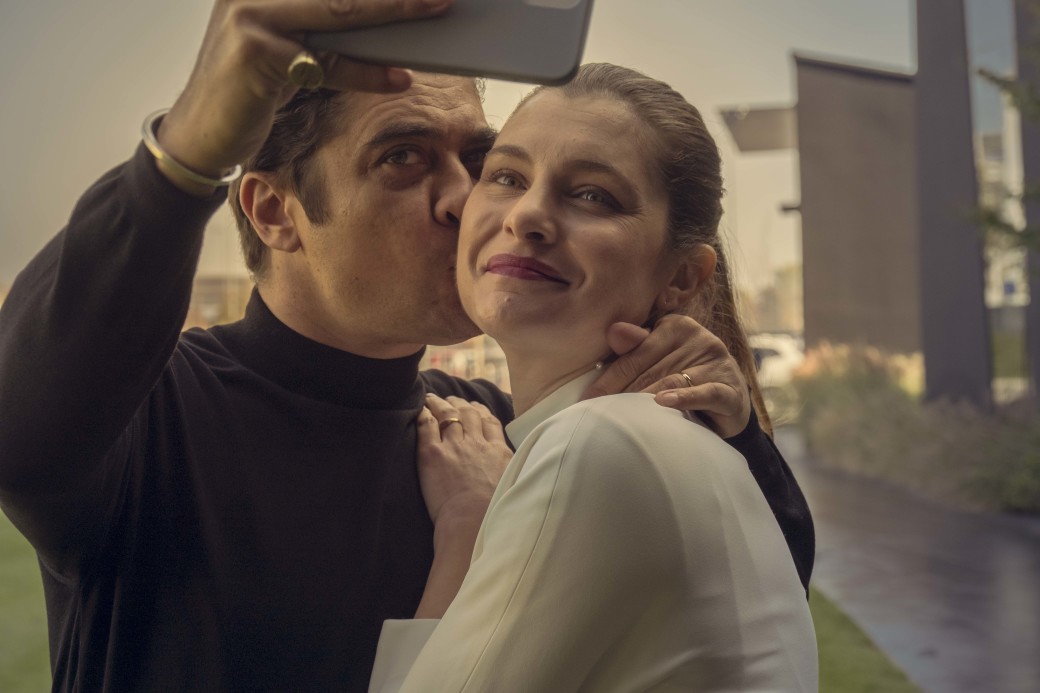 Quasi orfano by Umberto Carteni
Quasi orfano by Umberto CarteniWhat are your favorite places in town?
My grandfather’s places: Santa Reparata, the age-old church upon which the Duomo was built, he discovered it and supervised the works, there is even a plaque that celebrates him. The Certosa Monastery, just outside of downtown Florence, he renovated this one too, we children often went there to see the Nativity Scene, a Florentine Christmas tradition. And then the Marignolle hill, where our family home is located, with its wonderful, age-old narrow streets, dry stone walls that take you back in time although you’re just steps away from downtown Florence. And, last but not least, the Boboli Gardens, where I spent my childhood years playing and running around the box hedges, a magical, fairy-tale place.
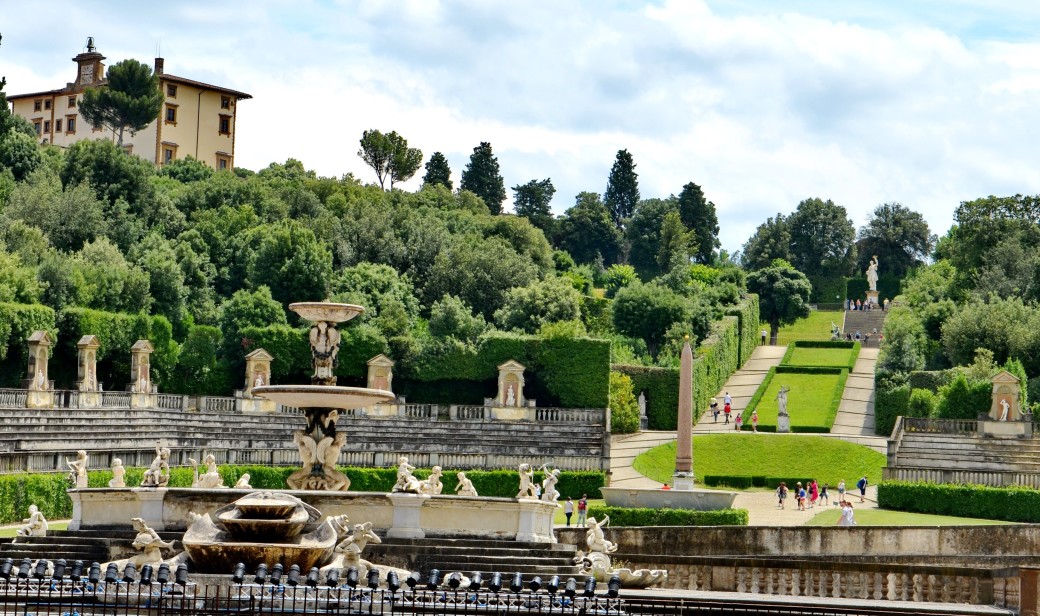 boboli cover header
boboli cover headerThe piece of advice that has become your mantra?
On my first filmmaking experience, in the Tutto l’amore che c’è movie, film director Sergio Rubini told me: “An actor should have two qualities: generosity and humility”. Over time and one movie after the next, I realized how true it is.






